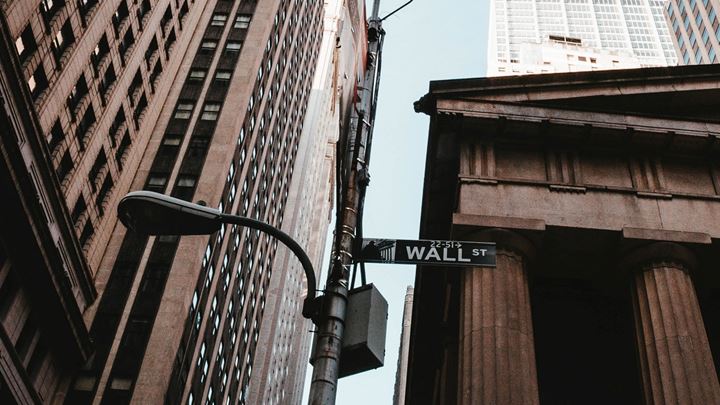Market uncertainty
-
How to prepare your portfolio for a recession
Continue ReadingHow to prepare your portfolio for a recession
Ways to prepare your portfolio to mitigate some of the worst effects of a recession.
Author: -
Market circuit breakers: everything you need to know
Continue ReadingMarket circuit breakers: everything you need to know
When extreme losses take hold, so-called “circuit breakers” are triggered, particularly in US indices such as the S&P 500. But what are these circuit breakers, and why are they activated?
Author: -
Four tips to protect your portfolio in a bear market
Continue ReadingFour tips to protect your portfolio in a bear market
How to react when markets tumble is something of a million-pound question. But there are things you can do, and lessons to be learned when indices turn red.
Author: -
The case for investing your cash
Continue ReadingThe case for investing your cash
The merits of investing your money as opposed to holding and saving cash
Author: -
Underestimating the cost of living in retirement
Continue ReadingUnderestimating the cost of living in retirement
A recent survey conducted by Schroders suggests that Brits are failing to make sufficient provision for retirement; there is a mismatch between the income people believe they need in retirement and the actual cost of living, which means those who are not yet retired expect living expenses to take up just 34% of their retirement income, whereas in actuality they account for 49%.
Author: -
Protecting your investments in a climate of dividend cuts
Continue ReadingProtecting your investments in a climate of dividend cuts
Investors can get caught on the hoof when a company decides to slash its dividends but the signs are often there for months before the cut is made. It is why research matters as disruption to a company’s business or industry will also signal that its share price as well as its dividend will fall, which can be a double blow.
Author: -
Five tips to help crash-proofing your investments
Continue ReadingFive tips to help crash-proofing your investments
Look at any graph tracking stock market growth over the last 150 years and it’s clear that market turbulence is the norm.
Author: -
Lower risk investing
Continue ReadingLower risk investing
Investing your money always involves an element of risk but investors have a wide variety of both higher risk and lower risk investments to choose from.
Author:








